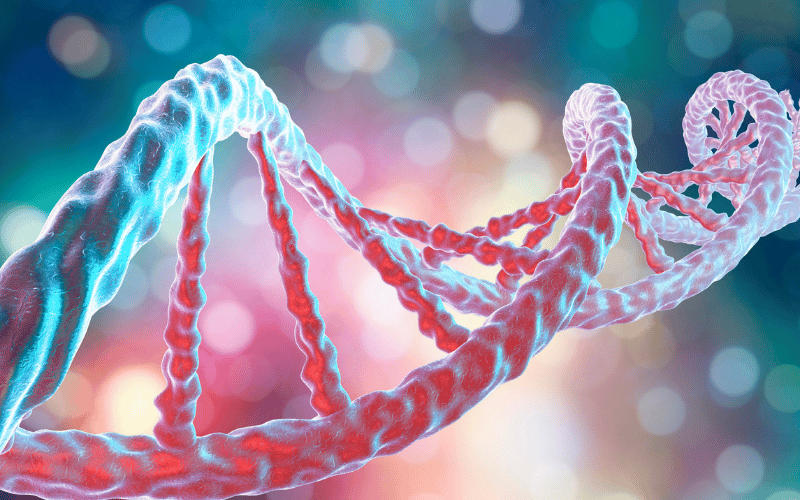2. Hereditary Factors: When Angioedema Runs in the Family

Genetics can be a blessing or a curse, and when it comes to angioedema, sometimes it’s the latter. Hereditary angioedema is a rare but impactful cause, resulting from a deficiency or dysfunction in the C1 inhibitor protein. This is not your standard angioedema; it’s a unique subtype that requires a different approach altogether.
Unlike the typical allergic-induced angioedema, symptoms of hereditary angioedema are often more severe and longer-lasting. It’s also incredibly unpredictable, with attacks that can occur without any known trigger. You might go weeks without an episode and then experience a sudden flare-up.
Patients dealing with hereditary angioedema frequently encounter gastrointestinal issues alongside the more commonly recognized swelling. They report bouts of intense abdominal pain, vomiting, and even diarrhea during episodes. This multi-symptom presentation adds an additional layer of complexity to both diagnosis and management.
As we peel back the layers of angioedema’s complexity, hereditary factors emerge as a potent cause, distinct from allergy-induced types. This familial connection opens the door for more targeted and effective treatments, a silver lining in an otherwise challenging condition. (2)